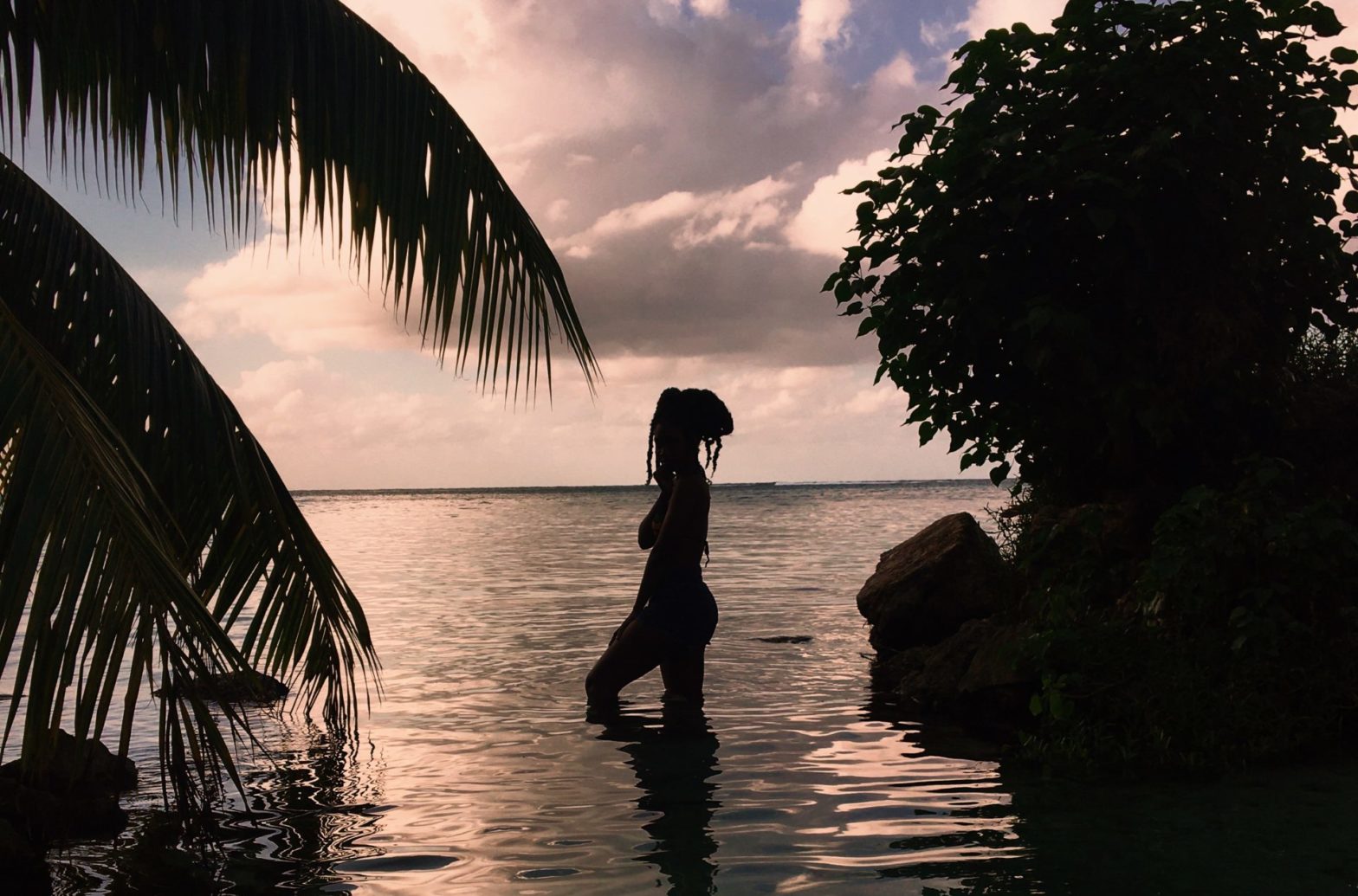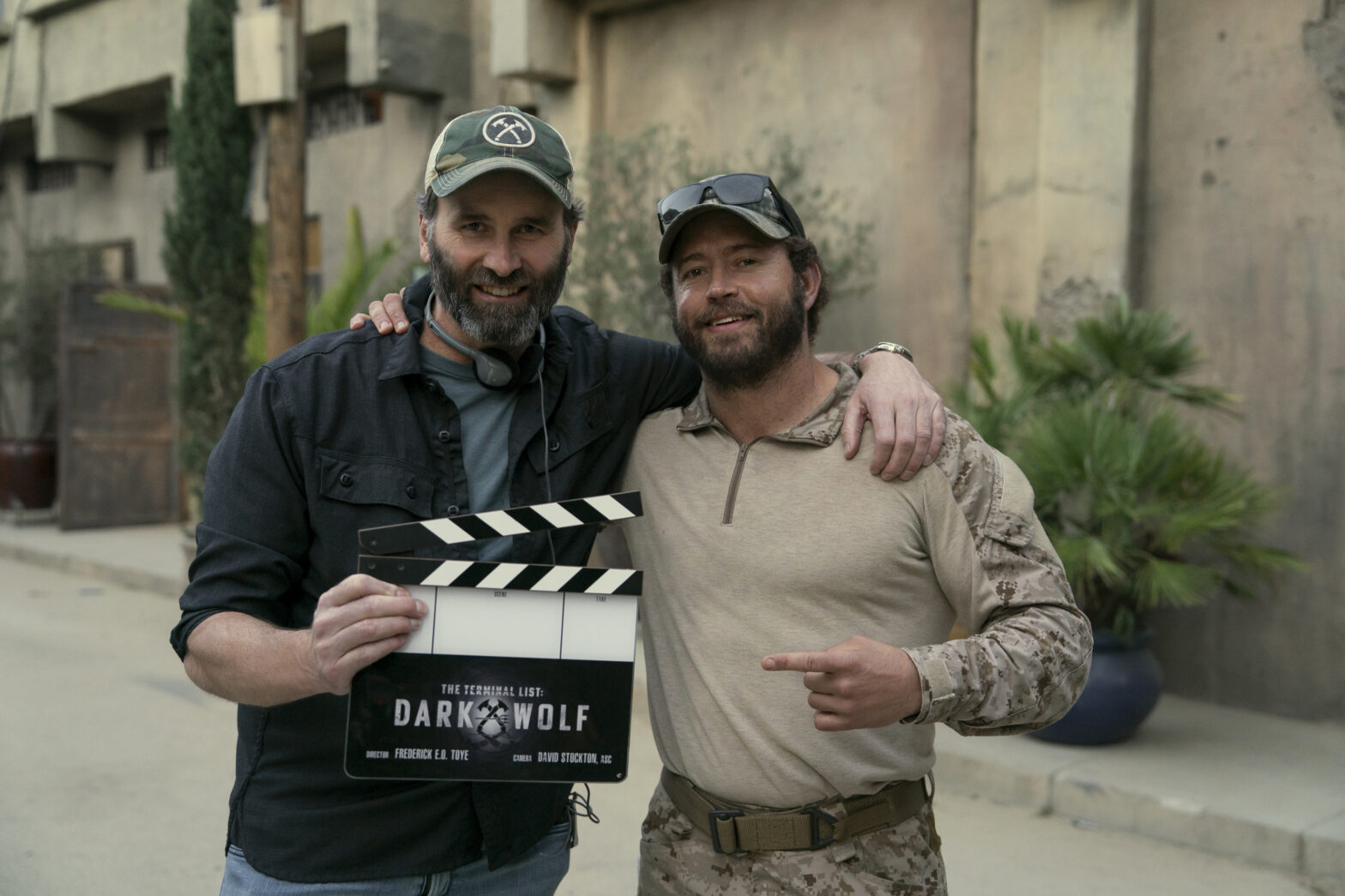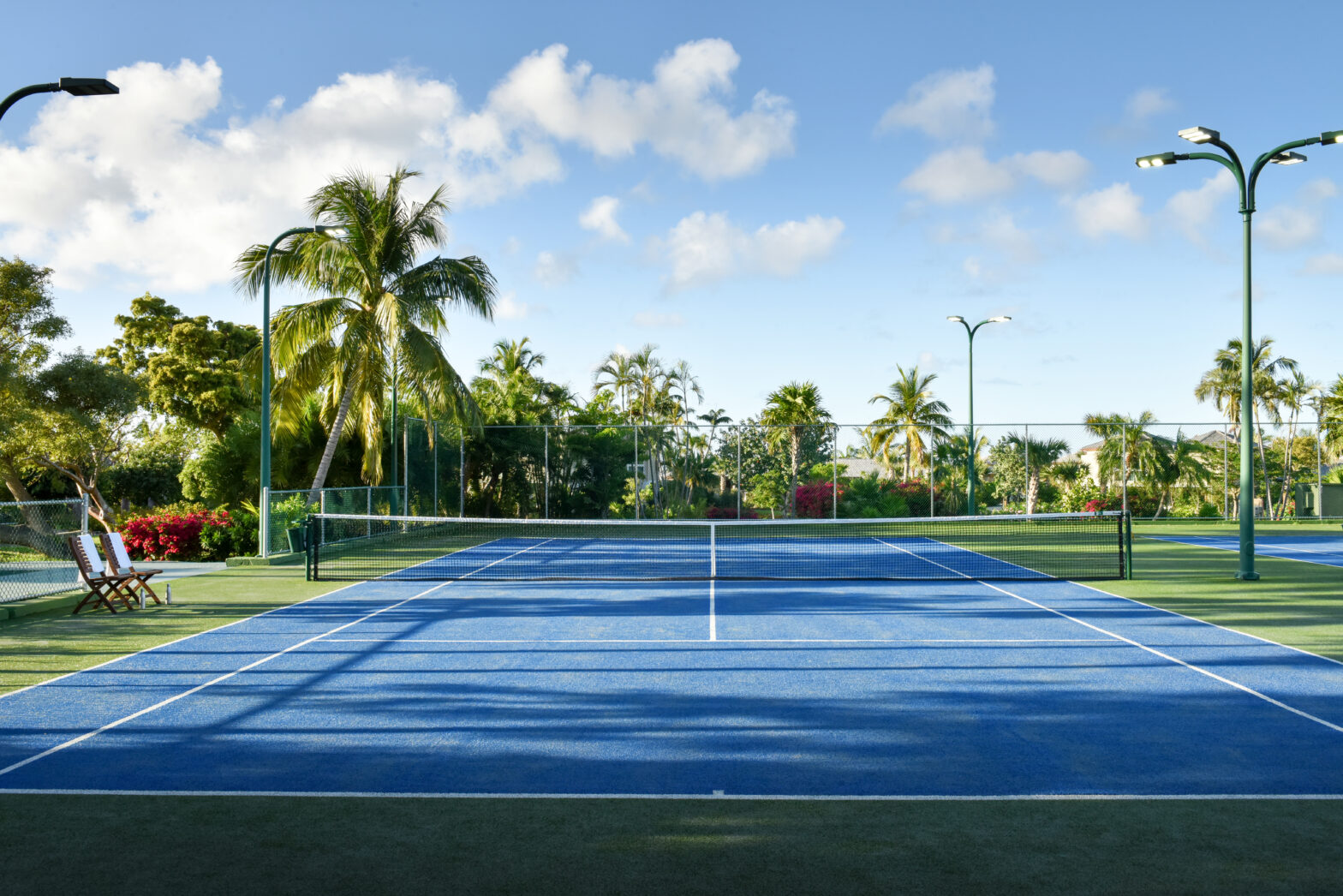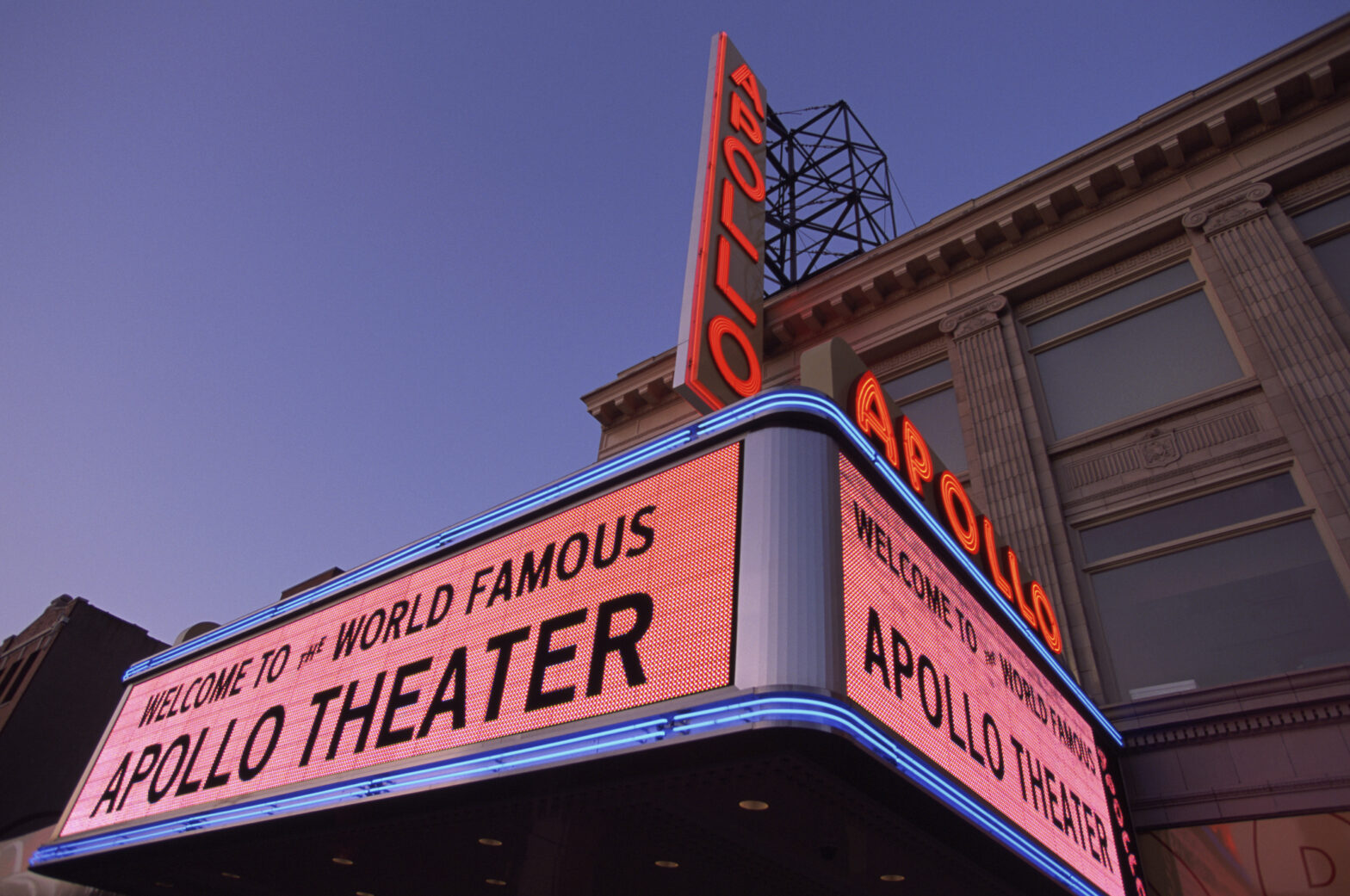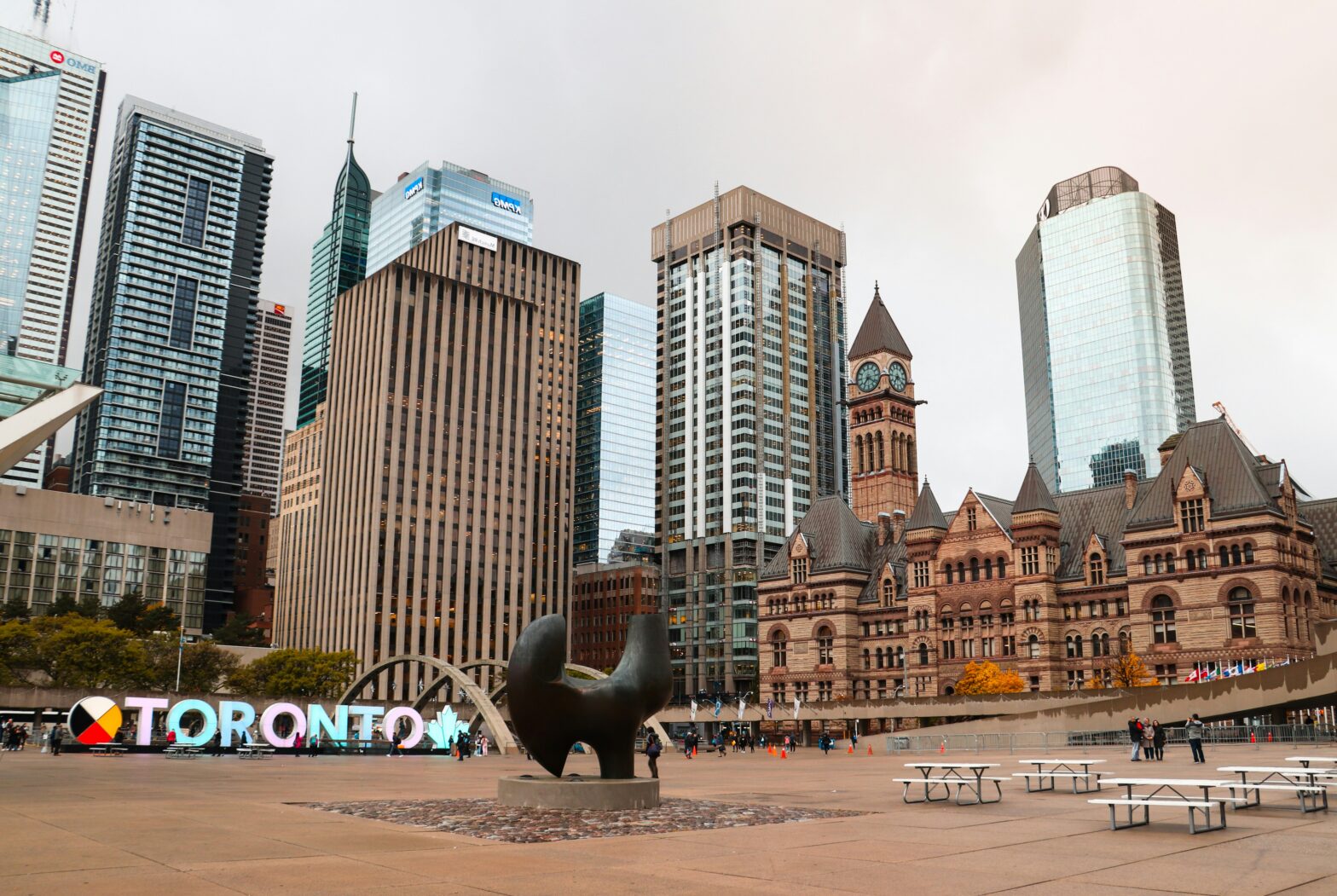When it comes to Jamaica, either you automatically think of beach resorts, crystal clear ocean and reggae and rum infused nights, or you use words like ‘dangerous’, ‘kidnapping’ and ‘machete’ as a reflexive description of the island’s risks.
Coming from a Jamaican family and growing up in London, Jamaica was not a Black tourist’s paradise and certainly wasn’t where anyone wanted to hear I was traveling solo, least of all as a young Black woman. Nonetheless, my trip was booked, my Pinterest board was heaving with travel tips, and I was equally prepared as I was nervous for the longest, furthest trip of my life so far.
As a Jamaican born and raised in London, my closest proximity to the island was what we maintained in our home, in our food and in Brixton— the community that I briefly grew up in. Seeing Jamaica with my own eyes was number one on my travel bucket list. I promised myself that I wouldn’t travel to a single place more before I touched Jamaica.
A year into my solo travel getaway trips, I felt confident crossing the ocean for this one. It seemed I was the only one. Despite numerous set-backs, 3 months before the COVID-19 pandemic hit, I got on my flight to explore the Jamaica everyone suggested wasn’t solo traveler friendly.
Arriving in Kingston after my 10-hour flight, allowing the Caribbean warm night air to greet me, I immediately knew that I had made the right decision. Here is what happened when I traveled solo to my ancestral island, Jamaica:
My sense of ‘independence’ changed.
Being an avid solo traveler before this trip, I always enjoyed the freedom it granted me. Being in complete control of my day’s itinerary— or lack of— was a big appeal, always. Mostly, I loved that solo travel reminded me that no matter where I go, I’ve got myself. I quickly learned that traveling in Jamaica wasn’t going to be that kind of solo trip.
After landing in Kingston, I made my journey to the Knutsford Express coach station and traveled out of the blaring capital city to the northern coast. Witnessing the beautiful jungle following the winding cross-country roads from Kingston through the lush green of Ocho Rios was the most independent I would feel while in transit.
As soon as I got to Ocho Rios, I found a driver, Mr Reed, who I soon learned would be my only driver and my main guide through the town, as per all the advice I received when checking in at the hotel. It was difficult for me, a traveler who usually decides they can move to a country after merely 2 solid hours of wandering around the streets with a camera in hand.
The freedom to wander according to my instinct and love of pretty sidewalks was completely gone. I couldn’t and didn’t travel anywhere without Mr Reed picking me up and dropping me off, wishing me a good day while nodding at friends in the tourist attractions or beaches and telling them to look after me.
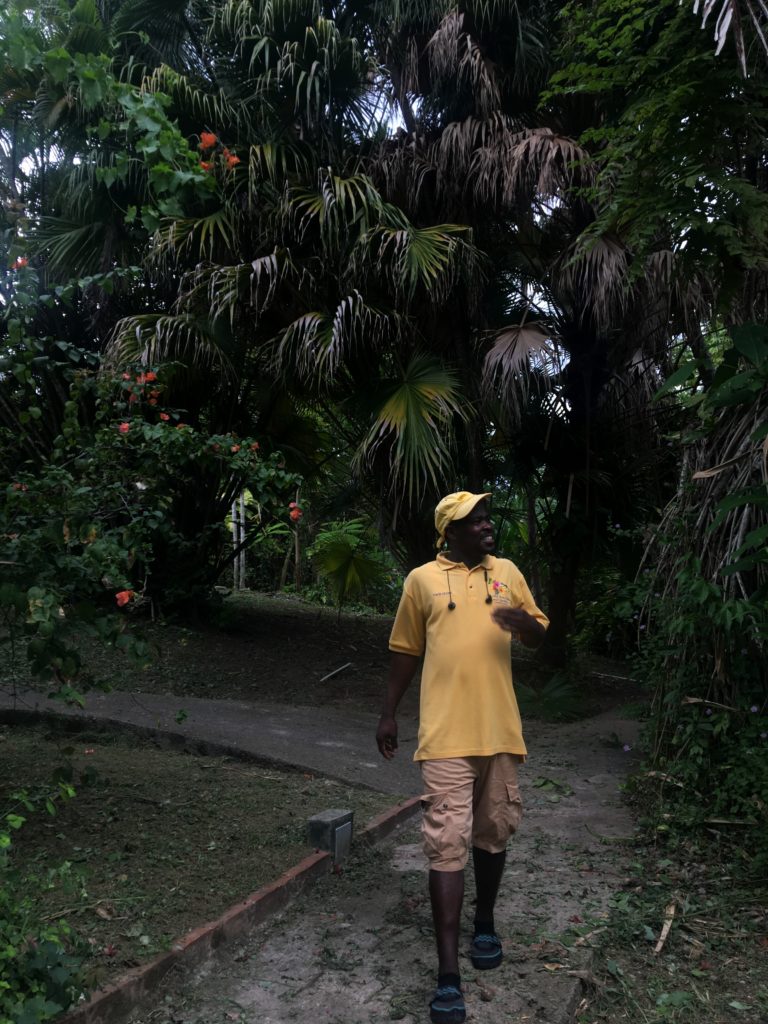
One way I did manage to regain a sense of independence was ignited my sense of adventure, not only based on the typical sites in Ochi, as it is lovingly called by Jamaicans, but also based on conversation and recommendation. For instance, I found myself off the beaten path in Turtle Rivers and Falls, a park that I had entirely to myself with a tour guide, Jordion, who walked me through personal and national history, stopping for pictures in the falls or to write poetry in the gardens, all without another tourist in sight.
I discovered my deep and ancestral connection to rivers and falls.
Jamaica, land of wood and water, is overwhelmingly bursting with jungle, waterfalls, rivers, mountains and more, so much more than the pristine beaches we are so used to seeing advertised, exploited even. I explored all that the Ocho Rios region had to offer, each time more and more spiritually connected to a place I had never visited before but that felt so deeply familiar in my body.
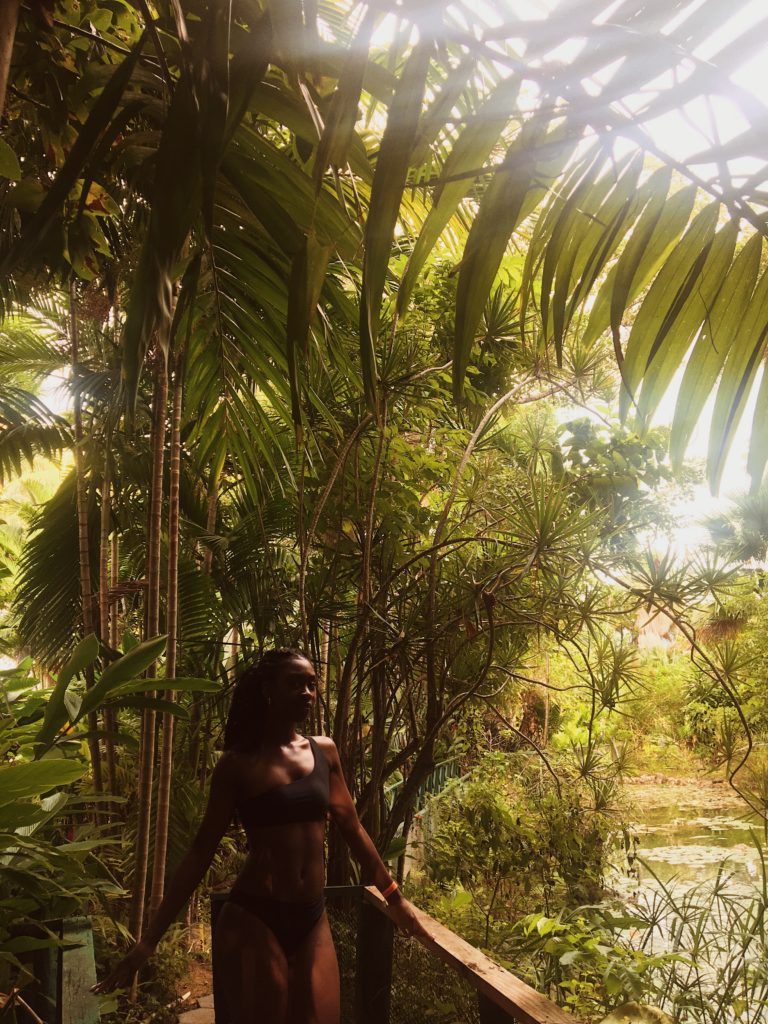
Being ‘back’ in Jamaica was the opposite of a culture shock.
For many of us in the diaspora, returning is a bittersweet emotion. Making this journey allowed me to tap into that completely uncensored. I shamelessly indulged in that solitude, connecting with the land, the environment and of course, the people.
Everything about the Jamaicans I was raised around in England had deep resemblance here on the island. Hearing and learning more Patwa, shopping in a Jamaican supermarket was a luxury I frequently WhatsApped to family, eating dinner by the ocean, listening to dancehall and reggae blaring from every car or beach-side sound system was a childhood reality reincarnate.
I vividly remember feeling safer than my trips in Europe for this reason, buying bagged guinip and lychee on the roadside brought me back to visits to my paternal grandmother, trips up the hills on a Sunday where everyone is cooking and preparing for Sunday dinner after a long church day reminded me of my maternal grandparents. It was exactly what I needed, a trip to reaffirm who I am and where I come from.
There were moments that highlighted the unfavorable parts of Jamaica that have been deliberately underdeveloped. Jamaica has a huge issue with reckless driving, and I feared that our car or the surrounding cars were driving a little too recklessly for my sensitive English sense of caution.
The catcalling in Jamaica was another reason driving everywhere with Mr Reed was a savior. As in most parts of the world, this is unfortunately a huge issue, but it struck me as worse considering Jamaica, like most of the Caribbean, is largely matriarchal. Otherwise, in the midst of me feeling spiritually Jamaican, walking barefoot by the waterfalls, there were occasional moments where I found myself, without even speaking, spotted as the ‘English Girl’. I was put back in my diasporic place, reminded that though healing for me to unsee, my Jamaican identity is not the same as a Jamaican born on the island.
Sometimes I would be recognized as Jamaican, or ‘an English Yardie’ as I let myself be called, other times I was simply ‘foreign’, and both of those were true at once. Funnily enough, a solo trip taken a few months later would prove that I could pass as Cuban without question more than I could as a Jamaican while traveling on the island, and that was OK too, simply part of the experience of being displaced.
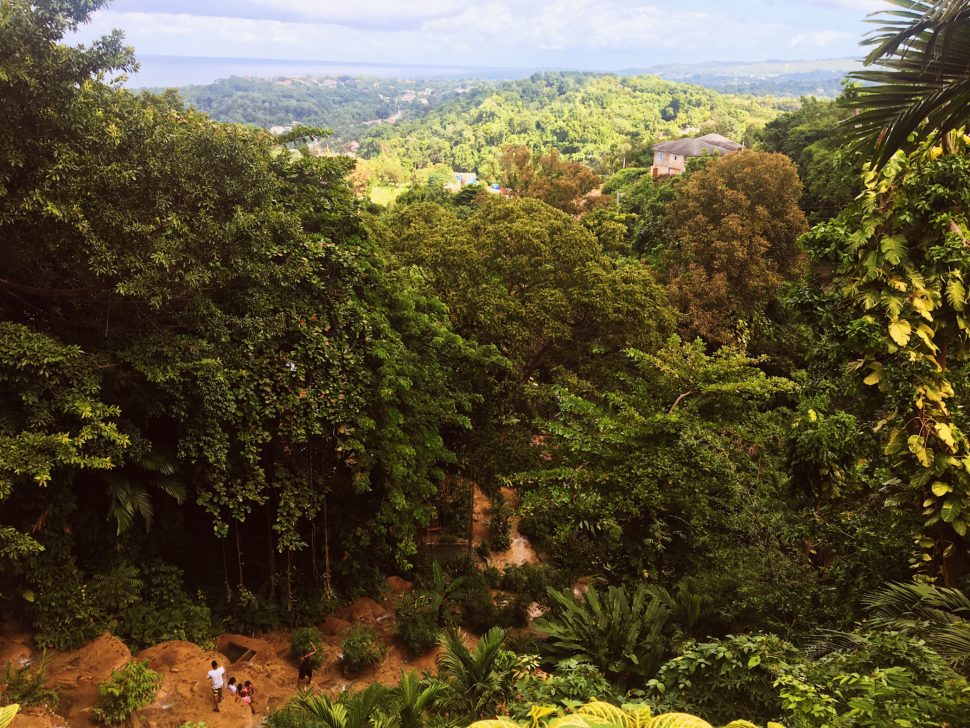
I learned how damaging the tourism industry has been in Jamaica.
After a trip to the Old Crafts Markets, I sat and spoke with some craft vendors, all incredibly skilled but criminally ignored by tourists visiting Ocho Rios. While many beaches are not even accessible to Jamaicans and are not even owned by Jamaica rather by foreign countries and hotel-chains, there is an entire community of locals who have Jamaican-owned businesses, restaurants and rentals that tourists never experience.
All you need is one conversation with a Jamaican, and you’ll be educated on the resistance, struggles and realities of life in Jamaica. Making the effort to join the community, support and ‘reason’ with my market friends really allowed me to shake from the typical tourist behaviors of being fearful about leaving the resort. I learned loads, laughed even more and made friends who I one day hope to visit again.
Navigating plant-based eating in a country where Ital food was born.
Being raised partially around Rastafari and even living in Birmingham, UK where there is also a strong Jamaican community, I was always aware of the community. It was beautiful to journey to the source and have enriching conversations, particularly while enjoying Ital food, which is a clean, plant-based Rastafari diet.
In Calabash Ital Restaurant, I found myself hastily ordering veggie chunks instead of a more whole foods alternative and a Rasta elder decided to sit directly opposite me and advise me against making the choice again, encouraging the use of whole foods wherever possible, all before I could enjoy the first guilty bite of my meal.
We discussed Black history, his journey with plant-based eating, his favorite Ital dishes and my observations of the island so far, all in an interview style lunchtime conversation, in between sips of ginger and sorrel juice and laughter. An unforgettable experience of being lectured in the most Jamaican way possible.
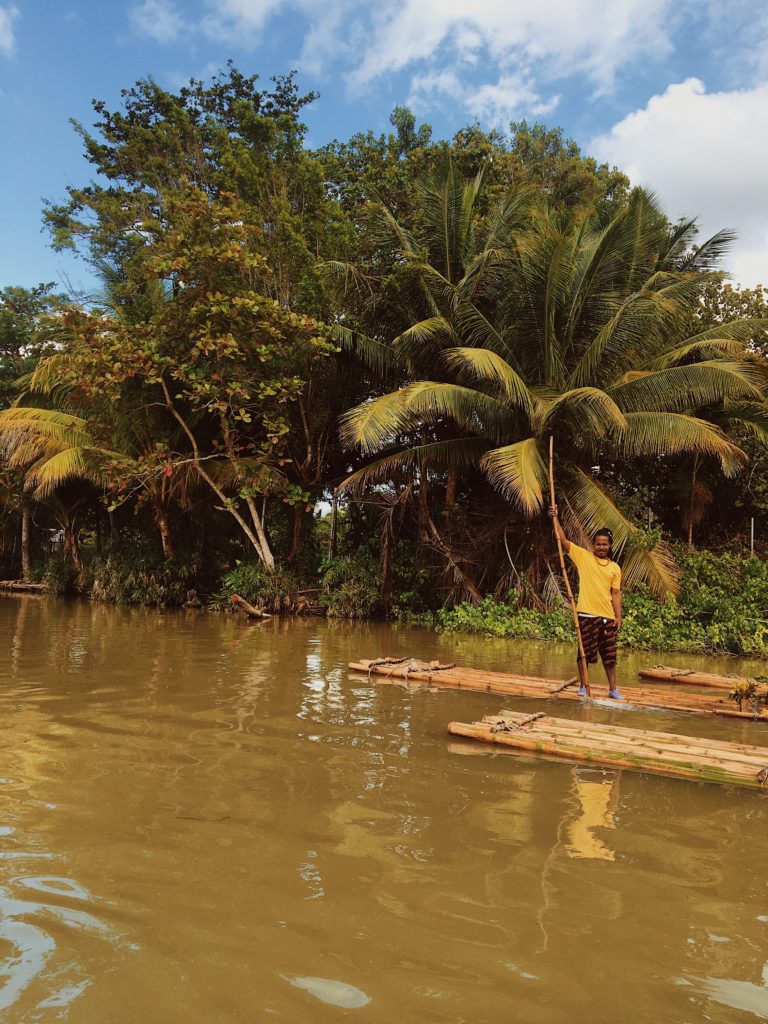
I ended up encouraging my family to visit for themselves.
Coming home safely, with a Notes app full of stories and a gallery of photographs, prompted their reconsideration. Me, excited about another trip back to Jamaica, made it clear that the Jamaica that existed in the minds of many Jamaicans in the diaspora, maybe heartbroken by the current degradation of the country or perhaps fearful of some horror stories, was not the only experience of Jamaica available.
The reality is, Jamaica is a hard country not to love. Spiritually, it has a lot to offer, personality even more so. The rich biodiversity, the upbeat people, the music that pours out from every home and open window, the food that needs no further praise and the abundance really makes it hard to not treasure. Proving that there are ways to enjoy our island in a less touristy, more integrated manner where connection is possible and travel is accessible is what encouraged conversations about a potential family trip. Speaking to colleagues, Instagram friends and other travelers in my friendship groups had the same effect: everyone was impressed with how full a trip this turned out to be. And how ready I was to return.
While safety will forever be top of the list when thinking about solo trips, there are always other things to consider, such as, how much of the true Jamaican experience will be accessible? What else is beyond the beach? What kinds of life-changing conversations await? I’m grateful I ignored the fear-based advice and saw Jamaica for myself. The island is calling me again and this time I know what to expect: good vibes in abundance.
